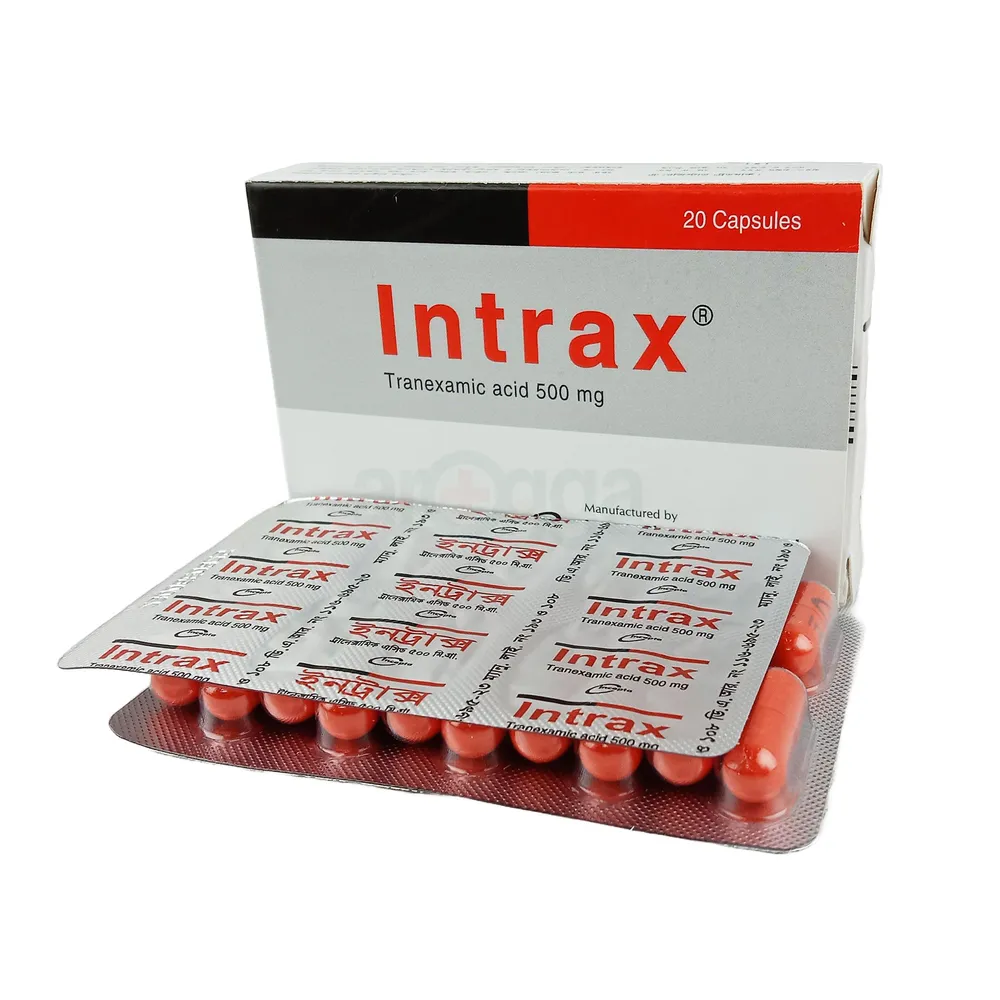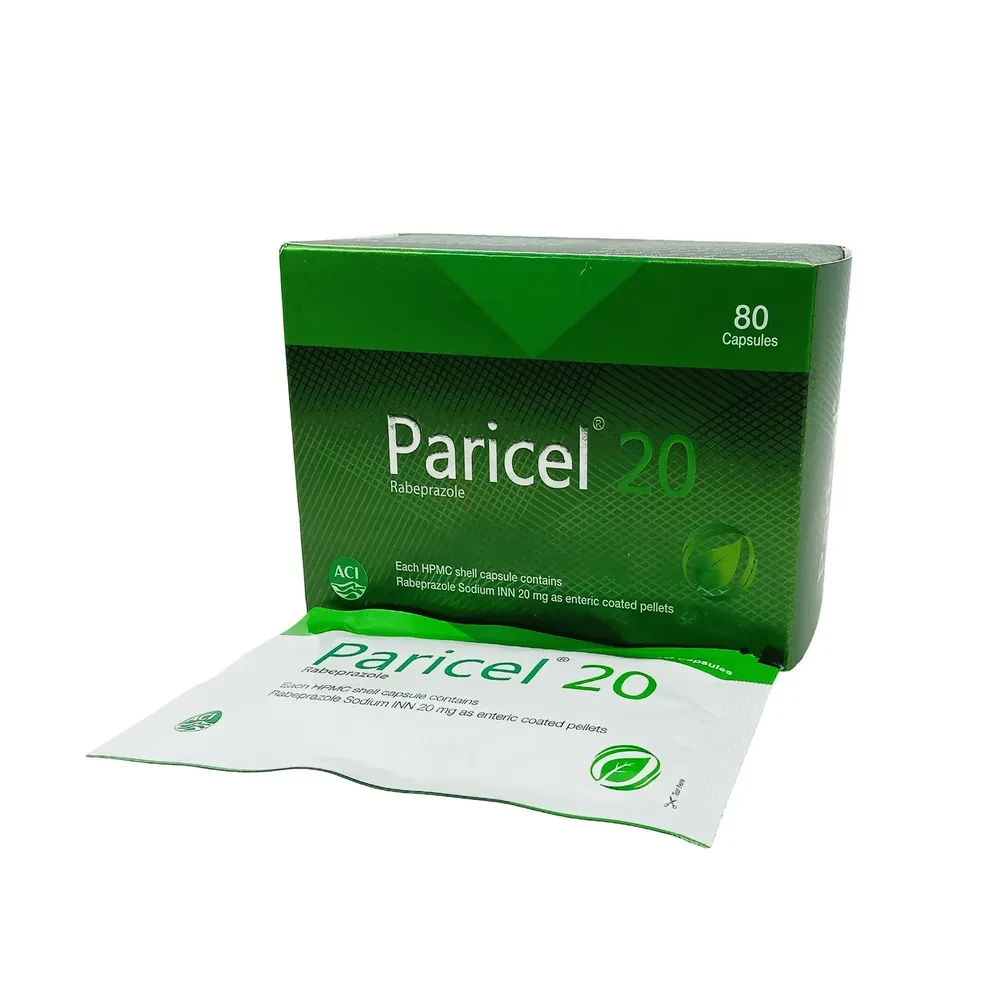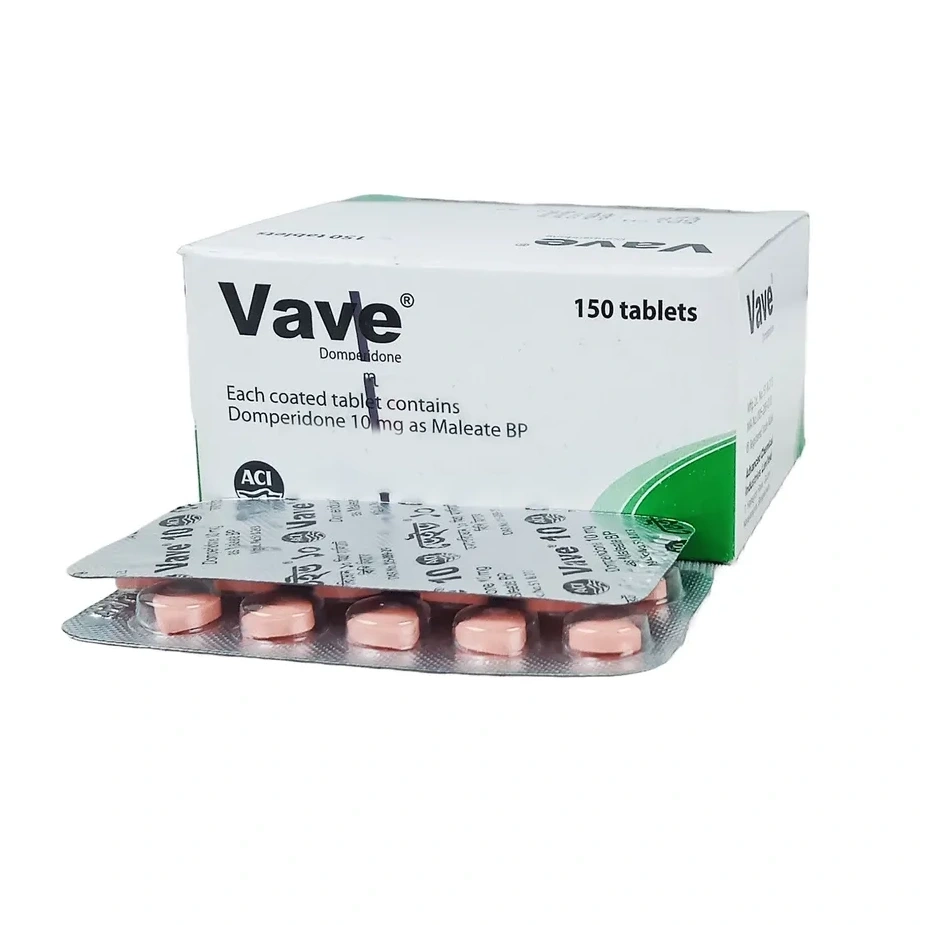Medicine Overview of Bionex 500mg Capsule
Bionex 500 is used to treat bleeding. It helps to prevent or reduce bleeding in conditions like tooth removal, heavy periods, dysfunctional uterine bleeding, nosebleed and in any oral, prostate or bladder surgery.
Bionex 500 is an anti-fibrinolytic. It works by preventing the breakdown of clots which leads to stoppage of bleeding. This medicine must be taken in the dose and duration as advised by the doctor. You should not take it if you have any known allergy from this medicine.
The most common side effects may be injection site reactions such as tiredness, nasal congestion or pain in muscle, bone or joint. Inform your doctor if you have undergone any cardiac surgery or you are suffering from any kidney disease.
This medicine is safe to use in pregnant or breastfeeding mothers. It is also safe to use in patients suffering from liver diseases. It is advised not to consume alcohol after taking this medicine as there can be excessive drowsiness.
- Bleeding
- Tiredness
- Nasal congestion (stuffy nose)
- Musculoskeletal (bone, muscle or joint) pain
-
Bionex 500 helps prevent or reduce heavy bleeding post surgery and in conditions such as heavy periods, dysfunctional uterine bleeding, and nosebleeds.
-
Your doctor will prescribe the lowest effective dose for the shortest possible time necessary to relieve your symptoms.
-
If taking for heavy periods, take it on the first day as taking it before or after will not have any benefit.
-
Your doctor may monitor your vision regularly while you are taking this medicine.
-
Inform your doctor if you have a history of kidney or liver disease.
-
Inform your doctor if there is no improvement in your bleeding after using this medicine for three consecutive periods.
Oral
Short-term management of haemorrhage
Adult: 1-1.5 g or 15-25 mg/kg bid or tid.
Management of hereditary angioedema
Adult: 1-1.5 g bid or tid.
Intravenous
Short-term management of haemorrhage
Adult: 0.5-1 g or 10 mg/kg tid or 25-50 mg/kg daily by continuous infusion.
Oral
Short-term management of haemorrhage
Child: 25 mg/kg bid or tid.
Management of hereditary angioedema
Child: 25 mg/kg bid or tid.
Intravenous
Short-term management of haemorrhage
Child: 10 mg/kg bid or tid.
Renal impairment: Adjust dose based on serum creatinine concentration: 120-250 micromol/l: 15 mg/kg bid daily; 250-500 micromol/l: 15 mg/kg once daily; >500 micromol/l: 7.5 mg/kg once daily or 15 mg/kg once every 48 hr.
Mild to moderate renal impairment, irregular menstrual bleeding, previous history of thromboembolic disease, haematuria. Monitor closely in disseminated intravascular coagulation. Monitor LFT and eye examination regularly during long-term use. Discontinue if disturbance in colour vision occurs. Avoid IV inj rate >1 ml/minute due to risk of hypotension. Pregnancy, lactation.
>10%
Headache (50.4%),Nasal and sinus symptoms (25.4%),Back pain (20.7%),Abdominal pain (19.8%),Musculoskeletal pain (11.2%)
1-10%
Arthralgia (6.9%),Muscle cramps and spasms (5.8%),Migraine (6%),Anemia (5.6%),Fatigue (5.2%)
Frequency Not Defined
Visual abnormalities,Hypotension (with rapid injection),Nausea,Vomiting,Diarrhea





















